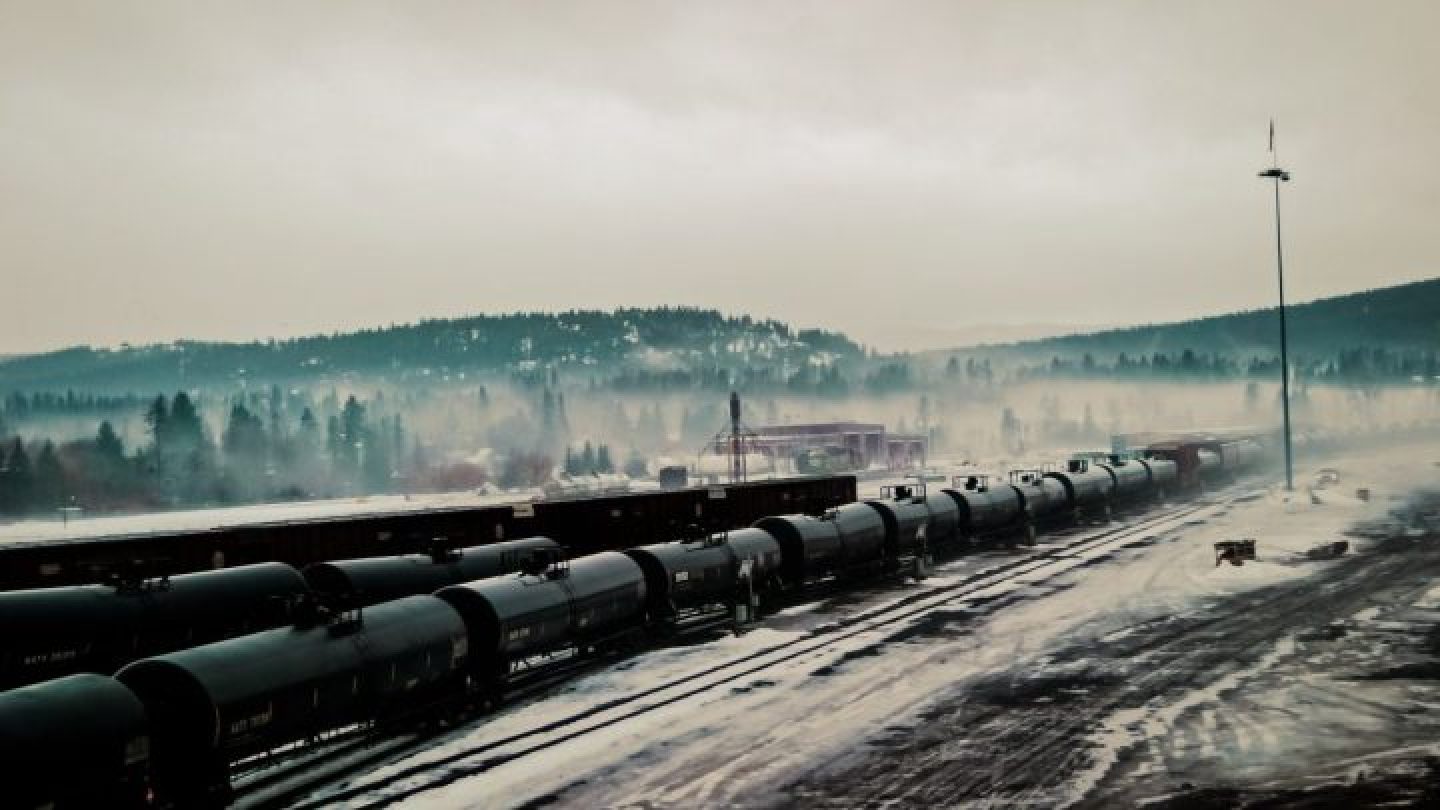Who Benefits From Export Ban of Petroleum Products from Kazakhstan?
 Illustrative photo pixabay.com
Illustrative photo pixabay.com
State structures, which are supposed to stop the smuggling of oil products, actually failed in their tasks. This appears to have influenced the decision to ban the export of anything with similar properties, thereby exposing the small enterprise sector to risk.
Since April, Kazakhstan has upheld the Ministry of Energy's ban on the export of certain types of petroleum products. According to the ministry, the order was adopted in the context of the implementation of the interdepartmental protocol dated May 6, 2019, between the ministries of energy of Kazakhstan and Russia.
The document approved the lists of oil products prohibited or restricted for export from the Russian Federation to the Republic of Kazakhstan, as well as outside the customs territory of the Eurasian Economic Union. Under the same agreement, Kazakhstan imports the following oil products from the Russian Federation:
- Gasoline;
- Diesel fuel;
- Jet fuel;
- Bitumen.
And in order to avoid the re-export of these oil products and those similar in properties, Kazakhstan introduced a ban in accordance with the counter requirements of the Russian Federation, as the duty-free supply of fuel and lubricants is a loss of the Russian budget.
In reality, the situation is different. Kazakhstan does not import oil products such as heating oil and naphtha, also known as solvent gasoline used in the petrochemical industry. This industry is not developed in the country and, accordingly, there is no demand for products, just as there is no demand in neighboring Eurasian Economic Union member countries.
The export ban was also introduced due to the fact that under the guise of oil products, unscrupulous entrepreneurs could illegally export diesel fuel imported from Russia. This leads to another question: what do the state structures that control the turnover of petroleum products do then? It turns out that those who should stop smuggling cannot fulfil their responsibilities. The ministry thereby sees the implemented ban as a solution.
Consequences
In June 2014, the government approved the Concept for the development of the country's fuel and energy complex for 2023-2029. According to it, the domestic market of the country is formed based on the needs for the main types of petroleum products. The consumption of light oil products is:
- Diesel fuel - about 50%;
- Motor gasoline - about 44%;
- Aviation fuel - 6%.
At the same time, the production of light types of petroleum products, in relation to the volume of consumption in the domestic market, tends to have a constant shortage of diesel fuel in the country. Due to recently discovered malfunctions on the T-251 raw material heat exchanger (used in the production of AI-95 gasoline), the Shymkent Oil Refinery has also already worked out the issue of importing AI-95 gasoline from Russia.
Orda.kz has previously written that the Minister of Energy's ban on such types of oil products as heating oil and naphtha will actually lead to the shutdown of mini-refineries. A large number of people may therefore be left without work. This is currently becoming a reality according to data from market participants.
If we continue the rhetoric outside the social aspect, then among all the mini-refineries there are those that produce diesel fuel. They actually cover the country's deficit.
But for whatever reason the relevant ministry signs a document affecting their work capacity. This may suggest that one of the true goals is to continue importing diesel from Russia without hindrance.
In a country where the president has announced a course to support and develop entrepreneurship, one can see that there is no talk of this from the energy ministry. Market participants assume that other facts are being reported to Toqayev. We believe that only Qasym-Jomart Toqayev can influence Kazakhstan's dependence on fuel imports from Russia.
As experts previously told Orda correspondents, restrictions on trade within the EAEU seem to be just an excuse and will negatively affect the position of mini-refineries, as there are no potential buyers in the Republic of Kazakhstan.
Original Author: Alexander Smolin
DISCLAIMER: This is a translated piece. The text has been modified, the content is the same. Please refer to the original piece in Russian for accuracy.
Latest news
- Timur Kulibayev vs. New Kazakhstan: Oligarch Defends His Assets
- MP supported Imam's Statements About Kazakh Traditions
- Altyn Adam: How Filmmakers Quarreled Over Cartoon About Scythian Warrior
- "No Chance": Russian Deserters' Stories in Kazakhstan
- National Fund Earns As Much As It Spends
- What is Going on with FPL Head's Recent Appointment?
- Stati Case: Victory for Kazakhstan?
- Qataris to Spend $3.5 Billion on Construction of Plants in Kashagan
- Oil Quotas: a Blessing or a Curse for Kazakhstan?
- Plant in Kazakhstan: Swiss Investor Purchased, Legal Battle Follows
- Situation with Russian Securities in Kazakhstan Explained
- Uranium Mining Tax in Kazakhstan to Change Starting in 2025
- Chinese Oil Giant to Build Wind Farm in Kazakhstan
- Expert Explains Toqayev Greeting Xi Jinping in Particular Way
- Scandal around "Aria-Zhana Astana", Controlled by Satybaldy, Not Subsiding
- SCO Summit in Astana: What to Expect?
- Who Was Oppositionist Aidos Sadykov?
- KNB Agent Orik VS Financial Police Agent Sanych
- Nazarbayev's Relatives on Trial: Systemic Purge or Political Games?
- Fire in Greece: Luxury Yacht, Kazakhstani Oligarchs' Vacation Scandal

